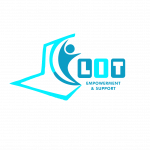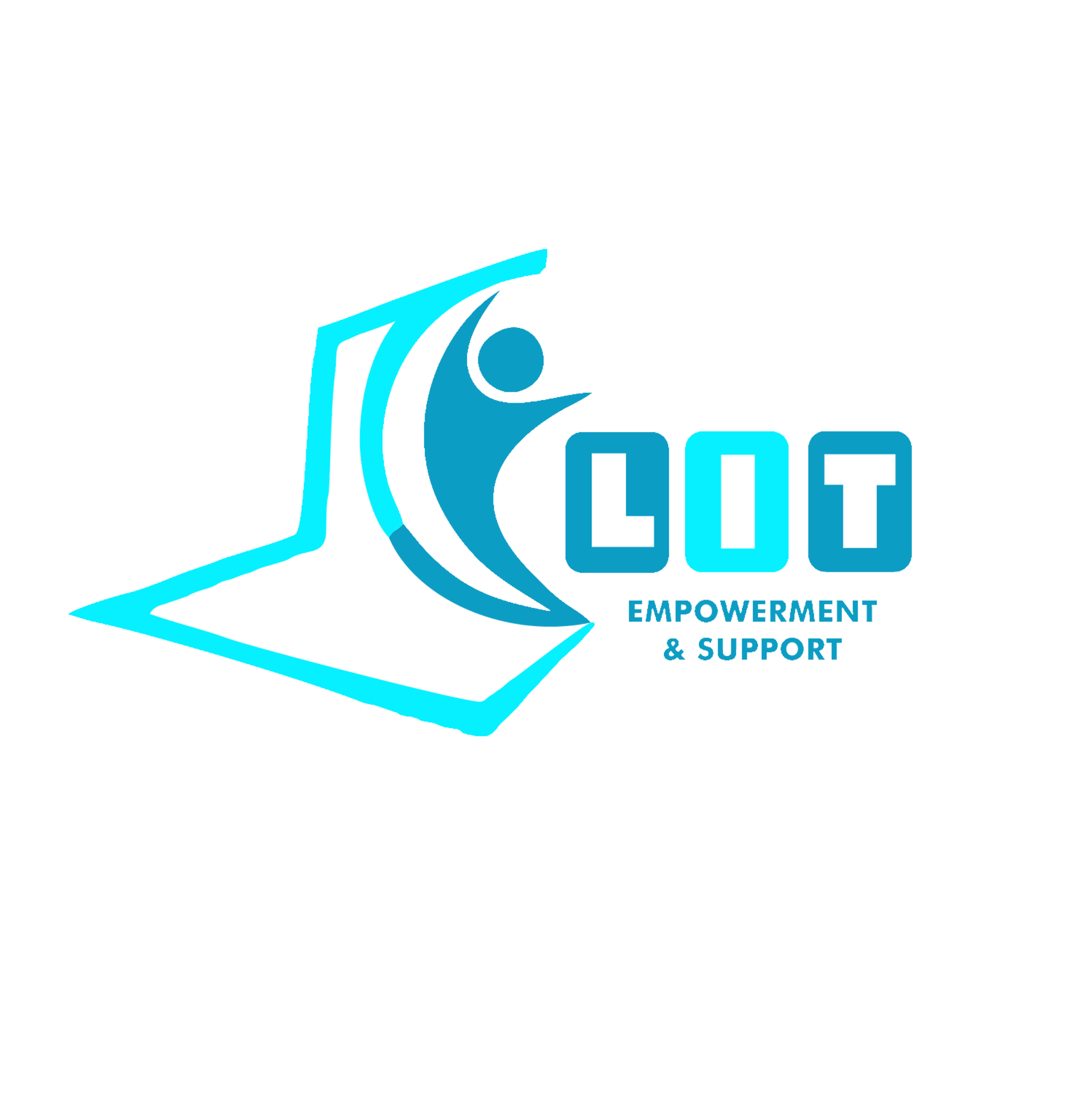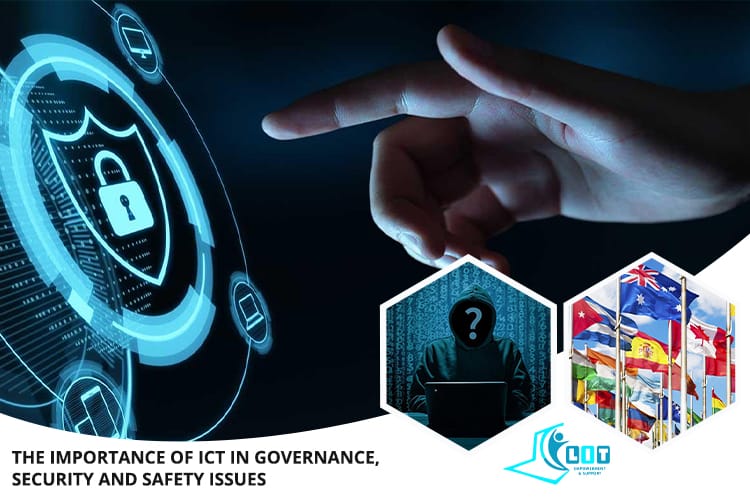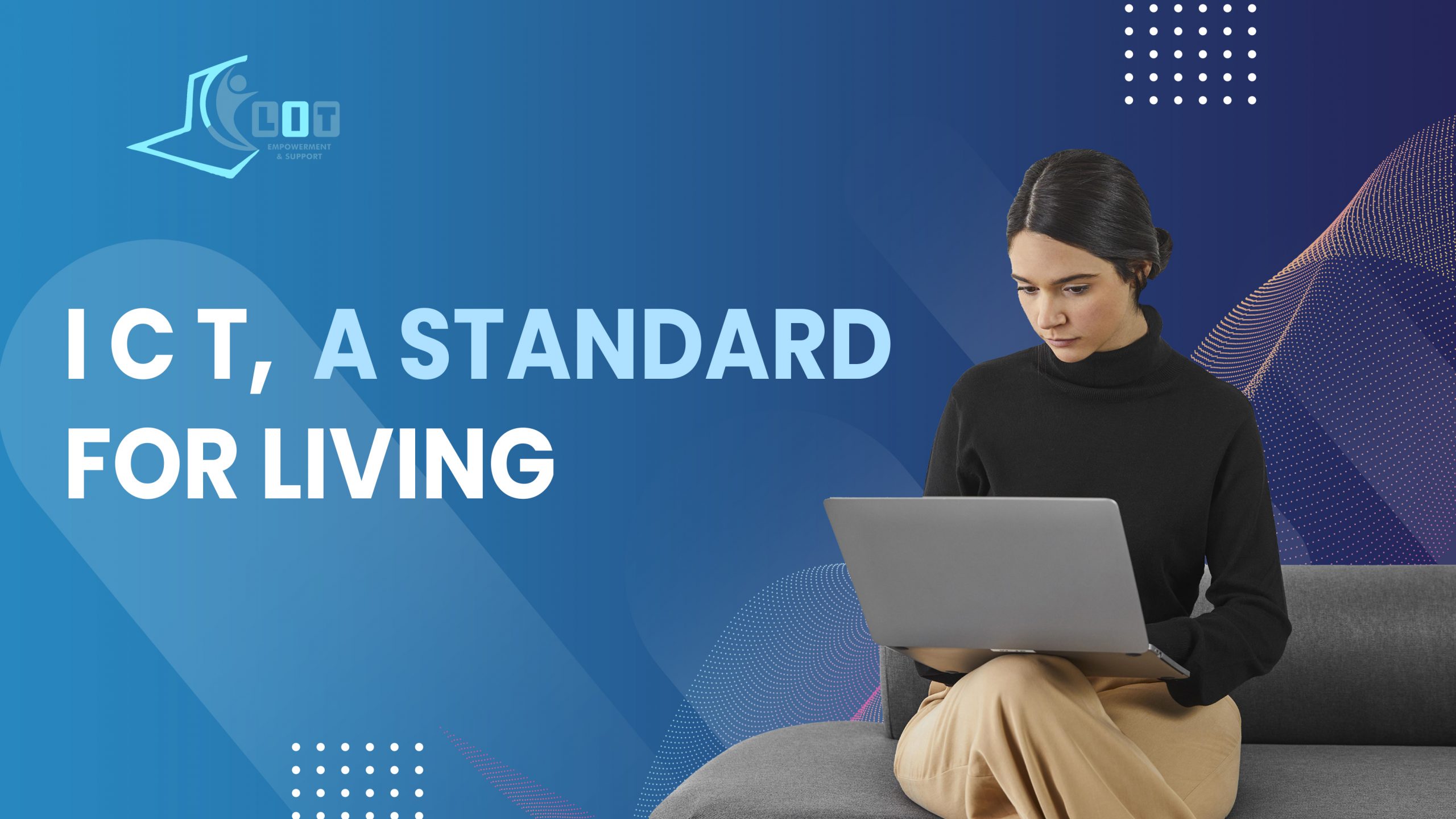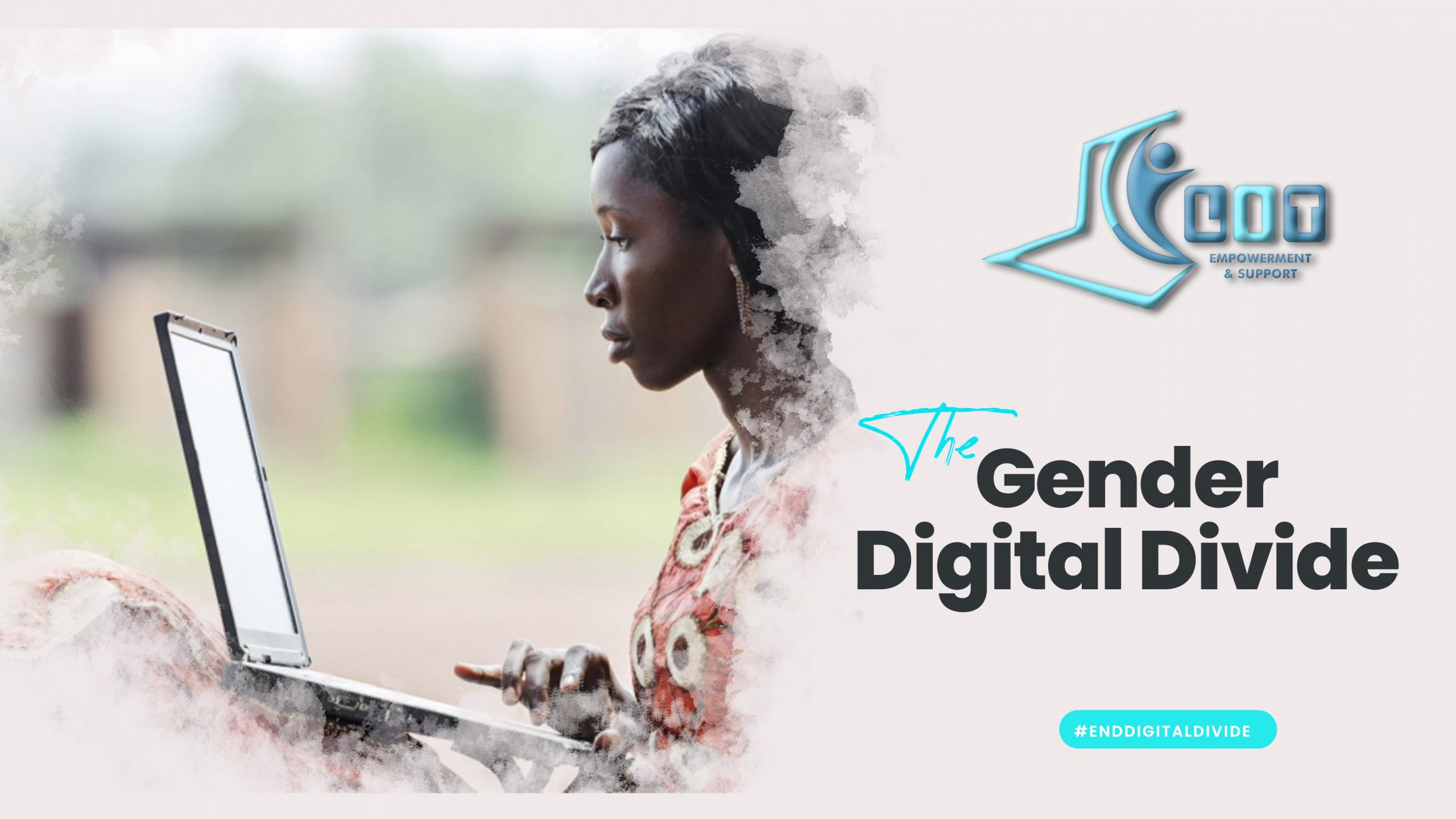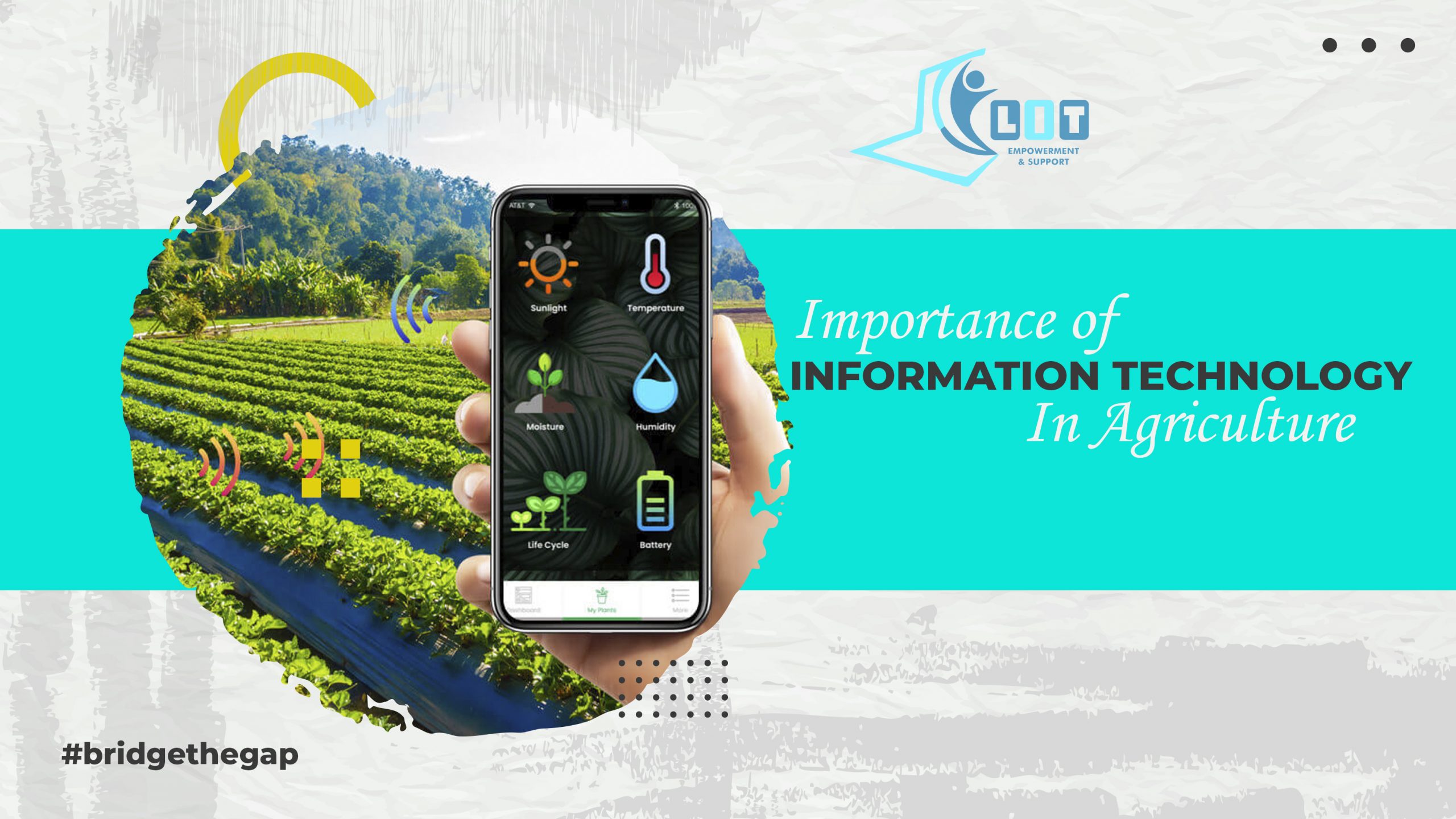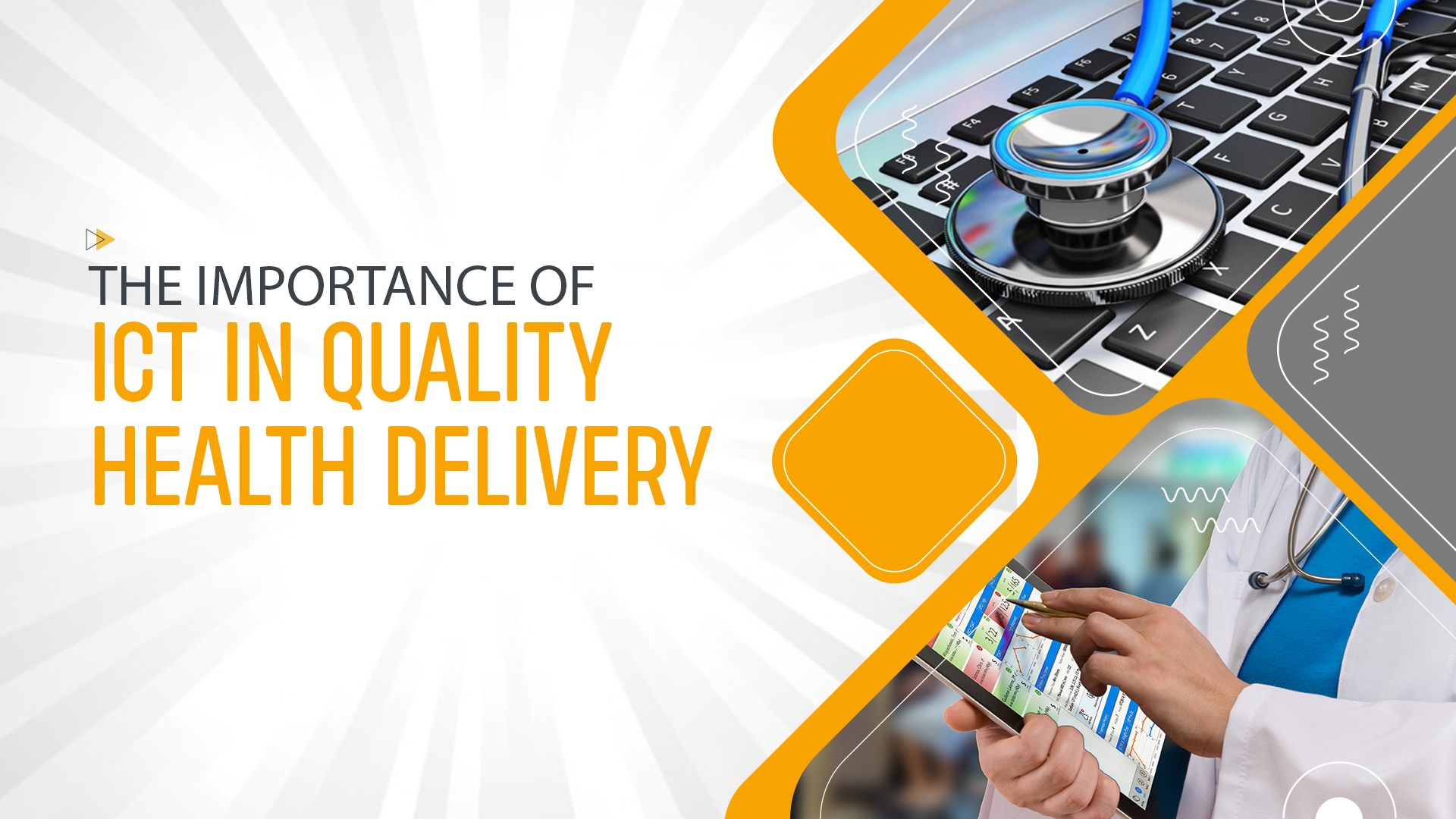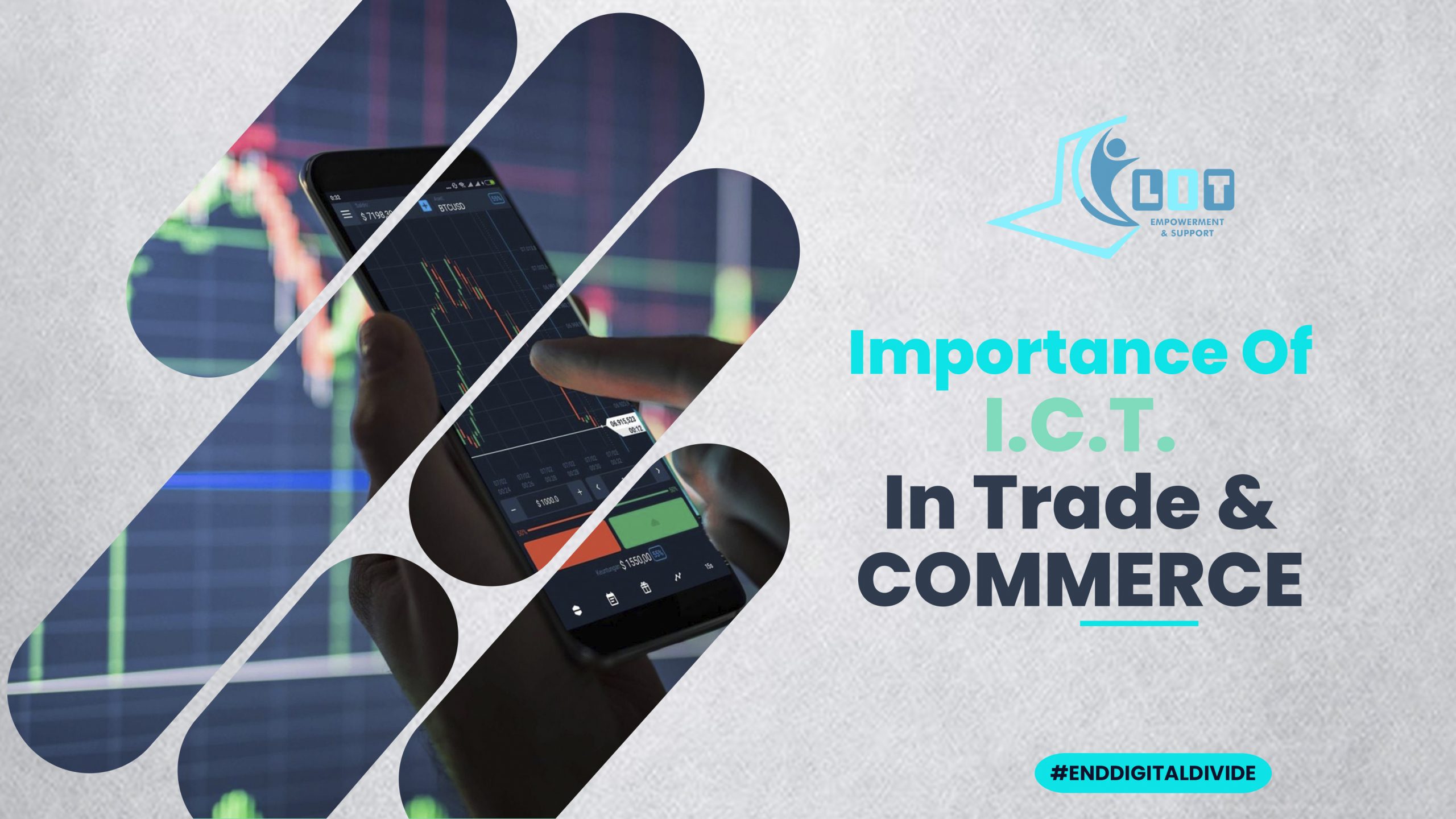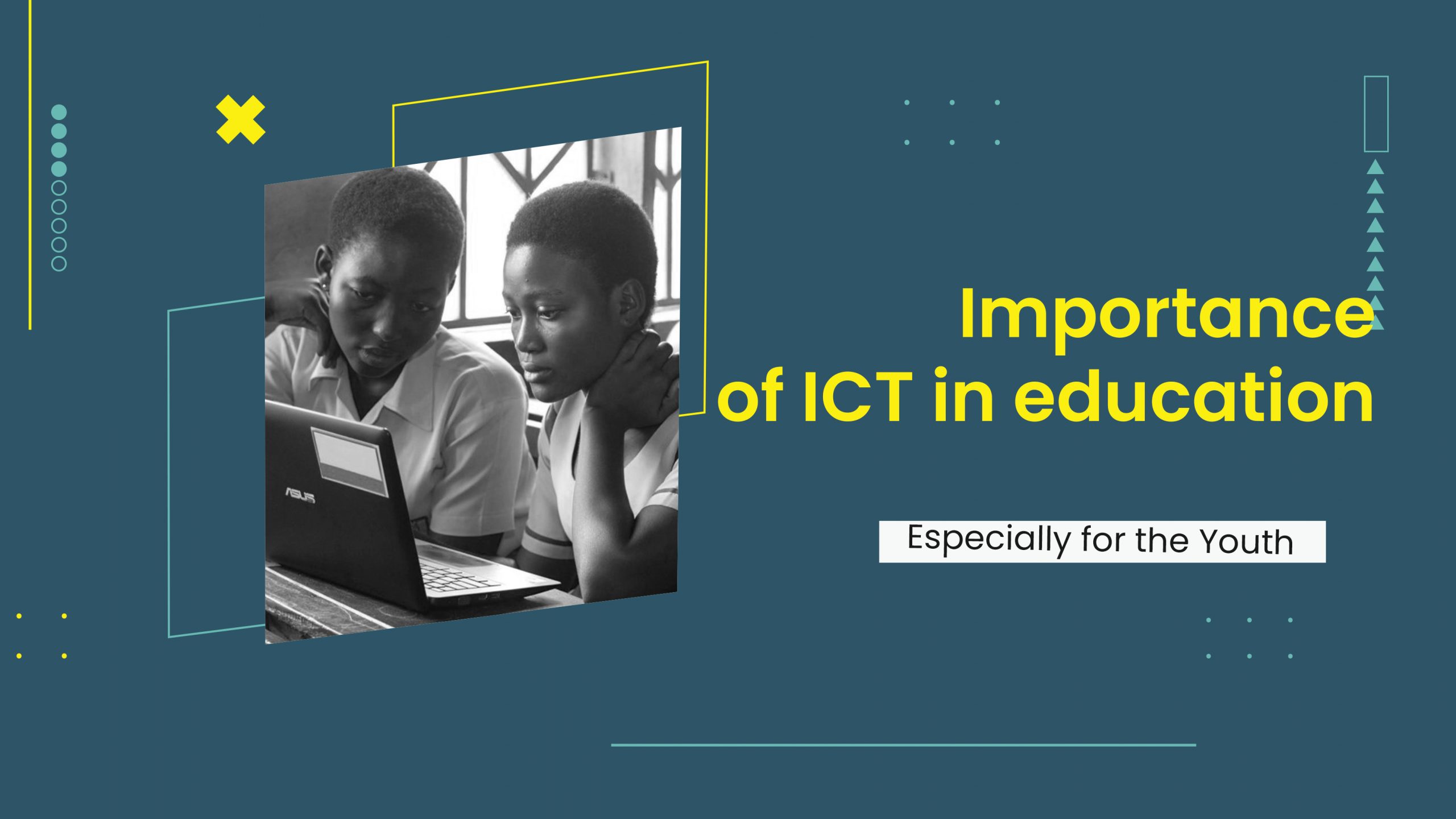Importance of Security
Governance, security, and safety issues in the societies of our world have been through many phases and are very important. The security of nations and their people, especially in these times, when religious fundamentalism and extremism, and terrorism are on the increase is very paramount. Nations and their governments will stop at nothing to ensure that their people are safe, and that, their territorial integrity is never breached. Governance issues are more than before been discussed and scrutinized.
Good Governance
Good governance is an issue of global interest. The Fraternity of nations means that whatever happens in Afghanistan is of equal concern to the world just like what happens in Guinea. No business wants to invest and base in an unsafe country. Job seekers do not enjoy working in an unsafe environment.
In this article, I shall discuss the role and impact of ICT in Governance, security, and safety issues.
Some Merits of ICT in the Governing and Security “ Business”
ICT helps reduce or combat corruption in governance. In Rwanda, it is an established fact that, in order to check corruption and improve efficiency and transparency, a lot of the human interface has been removed and replaced by digital interfaces eg., in the acquisition of land, the process has been automated. The automation of the tax regime is another way of ensuring efficiency, transparency and accountability. By effectively deploying ICT in governance, citizenship participation can also be greatly enhanced.
Security alarm systems and tracking devices are preventing and tracking thefts and criminals. National security apparatus of nations rely heavily on ICT-based gadgets to detect security threats, including terror threats. Critical installations are fitted with IT tools so as to protect them. Militaries of advanced nations are deploying precision missiles, drones, and even robotic dogs among others for maneuvers and surveillance.
Ghana as a Case Study
During the 2021 Ghana housing and population census, enumerators were trained on how to do their enumeration using tablets. This has not been the story growing up in Ghana. The enumerators in times past used to do their work using forms in hardcopy. That certainly took more time and was more difficult to do. Citizen participation was greatly enhanced too. Elections around the world, especially in Ghana have seen a taste of ICT as verification was done digitally in the 2020 general elections. The drawing of policies has not been this easy.
ICT In Day-to-Day Administration of Regional and Sub Regional Peace and Cooperation
Information handling and dissemination have become easier. Governments around the world have websites with loads of relevant information for the public. It is common to behold world leaders and leaders of nations even within West Africa holding important deliberations on current trendy political issues like the coup in Guinea via conferencing apps such as Zoom, Skype, etc.
Louder Voices of the Masses in Decision Making By ICT
With ICT, particularly, on social media, the governed or the ruled can be heard more conspicuously as they make their opinions known. Debating controversial policies to see if they sit well with the populace or not before rollout has also become more popular with the citizens because of social media and digital TV and radio.
The Digital Divide a Real Challenge
Now, how do the young people of developing countries especially, position themselves so as to be able to continue to use ICT, whether as the governed or governing to positively impact society in governance, security and safety matters? They, no doubt need to have some form of ICT knowledge, skills, and competencies. It is however very well known that many developing countries are not able to provide the necessary environment in their basic schools to satisfy this condition.
Lit Empowerment and Support Incorporated as a Wheel to Bridging the Digital Divide
To help create this ICT learning Environment in their own small way, Lit Empowerment and Support Incorporated, a nongovernmental, nonprofit organization that focuses on alleviating the plight of impoverished schools in the area of ICTs in Ghana, hereby respectfully calls on anyone that wishes and is capable to join them in this noble cause by providing any form of assistance to it.
The assistance could be in the form of cash donations, grants, sponsorships, partnerships, donations of ICT and IT tools, facilities such as ICT Labs, etc. Lit Empowerment Support Incorporated believes that, together, they would be able to help position some young people to actually take advantage of ICT to positively impact society in governance, security, and safety matters.
More Merits of ICT in Governance and Security, safety-Policing
Again, citizens have in recent times been able to put a searchlight on the activities of law enforcers (police) with regard to excesses while performing their duties. Cell phones with built-in cameras enable this. Body cams of security personnel elsewhere in the world have aided investigations and provided answers to pertinent questions about certain crimes and occurrences that would have been hard to solve minus the body cams. Some advanced countries are seriously conceiving and piloting groundbreaking innovations in fire fighting and emergency situations.
Early Warning Systems
Early warning systems are being deployed to forewarn jurisdictions of impending imminent natural disasters. Earthquakes, floods, volcanoes, tornadoes, and such like them. In social security, ICTs are helping nations manage and use funds more profitably. In monitoring and evaluation, the GES and other agencies have taken to ICT. Facial and hand recognition technologies are being built as security features for critical installations and infrastructure. Need I say more?
Educational Content and Broadcasts
During the COVID-19 pandemic lockdown in Ghana, the government kept in touch with the people closely, giving updates and announcing interventions. The Ghana public broadcaster, GBC was tasked to do public broadcasts of curriculum instructions for all students at home due to the lockdown. Schools that had basic IT tools resorted to virtual classrooms to teach their pupils and students. Currently, there’s a raffle draw being run by The Daily Graphic, the number one state-owned daily newspaper on its anniversary. A man in far away Sunyani won a car because he was able to enter the draw by means of his cell phone.
ICT in Health Insurance Administration
Still, in Ghana, the much-acclaimed health insurance scheme has taken a digital dimension. Clients can perform some actions right on their phones, tabs, and laptops without necessarily visiting the NHIS National Health Insurance offices. All of these innovations in ICT have the ability to promote transparency, lower corruption tendencies, and increase citizen participation and efficiency.
